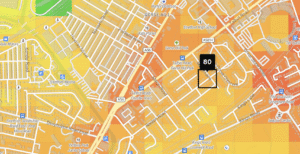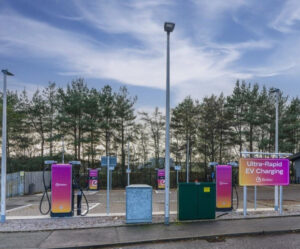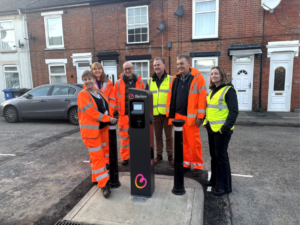Birmingham City Council has launched its coronavirus Emergency Transport Plan that outlines how the authority will support walking, cycling and public transport across the city.
The development follows the announcement by Transport Secretary Grant Shapps about a £2bn package to support active travel as lockdown restrictions ease.
According to the council, Birmingham’s plan ‘prioritises and accelerates’ some of the measures that were outlined in the draft Birmingham Transport Plan consulted on earlier this year.
New proposals announced to help achieve these include converting road space to support active travel, introducing low-traffic neighbourhoods to Birmingham, rolling-out the traffic cells initiative in the city centre and offering support packages for schools and businesses to encourage sustainable travel and enable safe social distancing.
Cabinet Member for Transport and Environment, Councillor Waseem Zaffar said: ‘COVID-19 has greatly impacted our city like many others. We must now ensure our city is well-prepared to provide all our communities with the opportunity to deliver a green, sustainable recovery. Transport and connectivity is critical to that and our Emergency Birmingham Transport Plan is the first step to this response.
‘We must learn from the lockdown and consider how we can get our city moving in a safe, healthy and effective way. During the lockdown period, road traffic across Birmingham has reduced by 60% over several weeks. This has created a quieter, safer environment for walking and cycling with much-improved air quality.
‘The Emergency Birmingham Transport Plan is a reset for how we move around the city and is the start of our work to ensure we come out of the COVID-19 lockdown with the ability to travel safely, healthily and sustainably. I know our city can build a bright, healthy future – this is our chance to deliver it.’
















